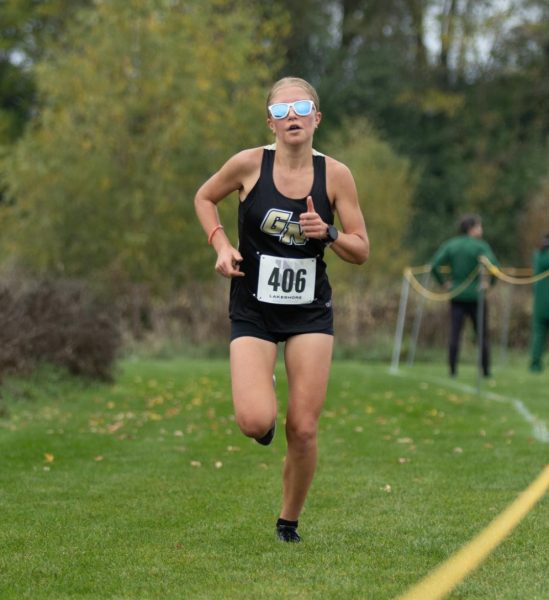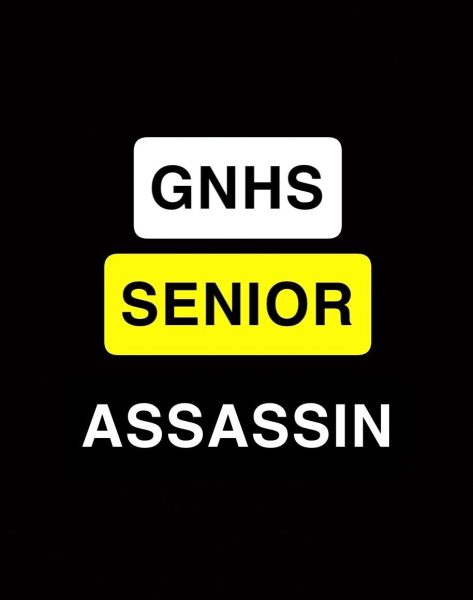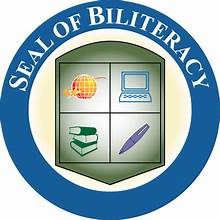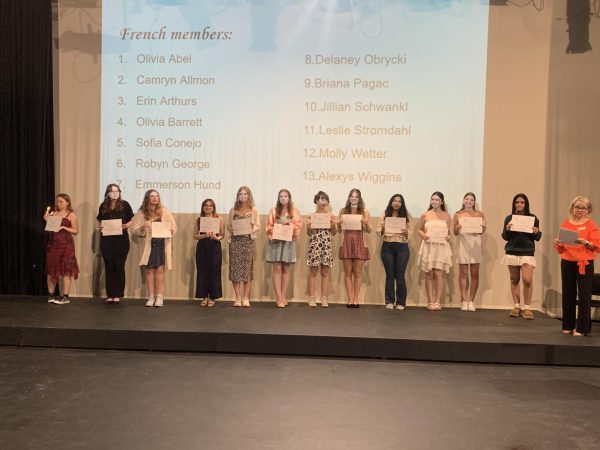Students become involved in primary elections
On March 20, there was an election throughout Illinois to determine who will be running for important state offices such as governor. Voters in Illinois participate in a partisan voting ballot, where they choose one political party, Republican or Democrat, and vote for a specific person to appear on the ballot in the November general elections.
Students and members of the community have been presented with the chance to vote at their designated voting stations, depending on where they live. Polls are open from 6 a.m. to 7 p.m. and everyone who is registered and meets the requirements to vote is eligible.
“To vote in Illinois, a citizen must be a U.S. citizen who has resided in Illinois for at least 30 days prior to election day. To be eligible, a voter must be at least 18 years of age by election day. A 17-year old may vote in a primary if he or she will be 18 years old at the time of the general election,” said senior Alexandra Almanza.
Elections are a form of communicating with representatives and expressing views and wants for the community.
“Primary elections have a huge impact on our democratic process because they truly allow the public to use their voice in choosing their party’s candidate and how they will eventually move on to go against the opposing party in the general election. They are also important because these races tend to be more unpredictable since they are often forgotten by the public,” Almanza said.
Primary elections are more than just getting politicians onto a ballot. They are a way to get involved in the government and keep up with policies and changes that current politicians are making while in office. Elections are a way for students and community members to express their wants and needs for their communities by electing the officials who represent those wants and needs.
“All elections impact the government. Many of the issues that students are concerned about are policies that can be enacted at the local and state level,” said government teacher Stacy Selle
In addition to students being able to vote in these elections, some student have chosen to become election judges. But, there are more ways to be involved with the government, even without being an election judge.
“There are a number of ways to get involved; you can vote. We have 30 students working as election judges on election day. You can volunteer with a campaign. You can inform yourself and prepare to get active in the general election this fall,” Wise said.
The PSP classes held a political exposition that hosted five political candidates or someone that came to represent them.
“The expo was where all the local campaigns had their campaigners come to talk with our students about civic engagement and its importance, and if we wanted we could ask them about their person campaigns,” said senior Miranda Wilson.
Students had the opportunity to meet with candidates and discuss their concerns and policies they are concerned about.
“My experience was so good because I got to talk to Sam Yingling’s campaigner Mike Dobrow about their campaign because I was already planning on meeting with Sam Yingling,” Wilson said. “It was awesome to be able to learn that our voices as students really do matter and are heard.”




